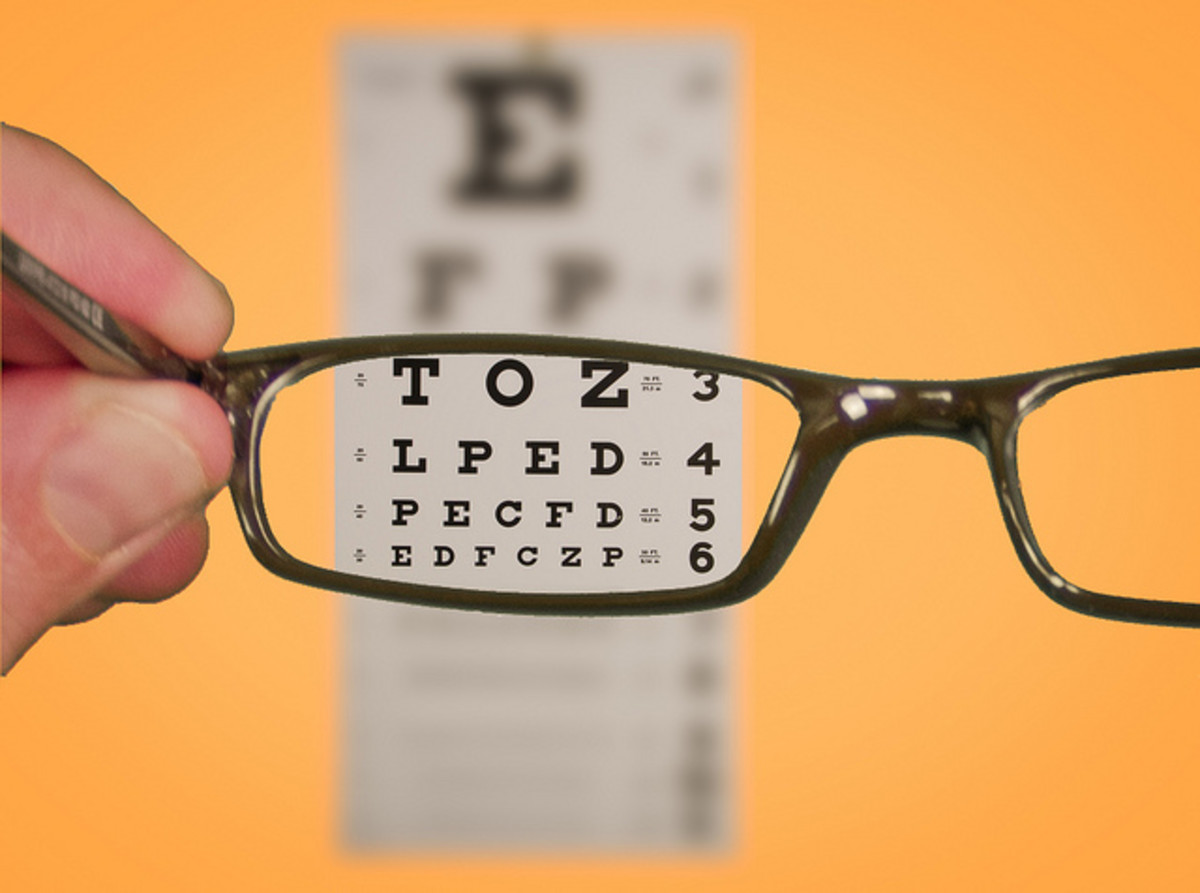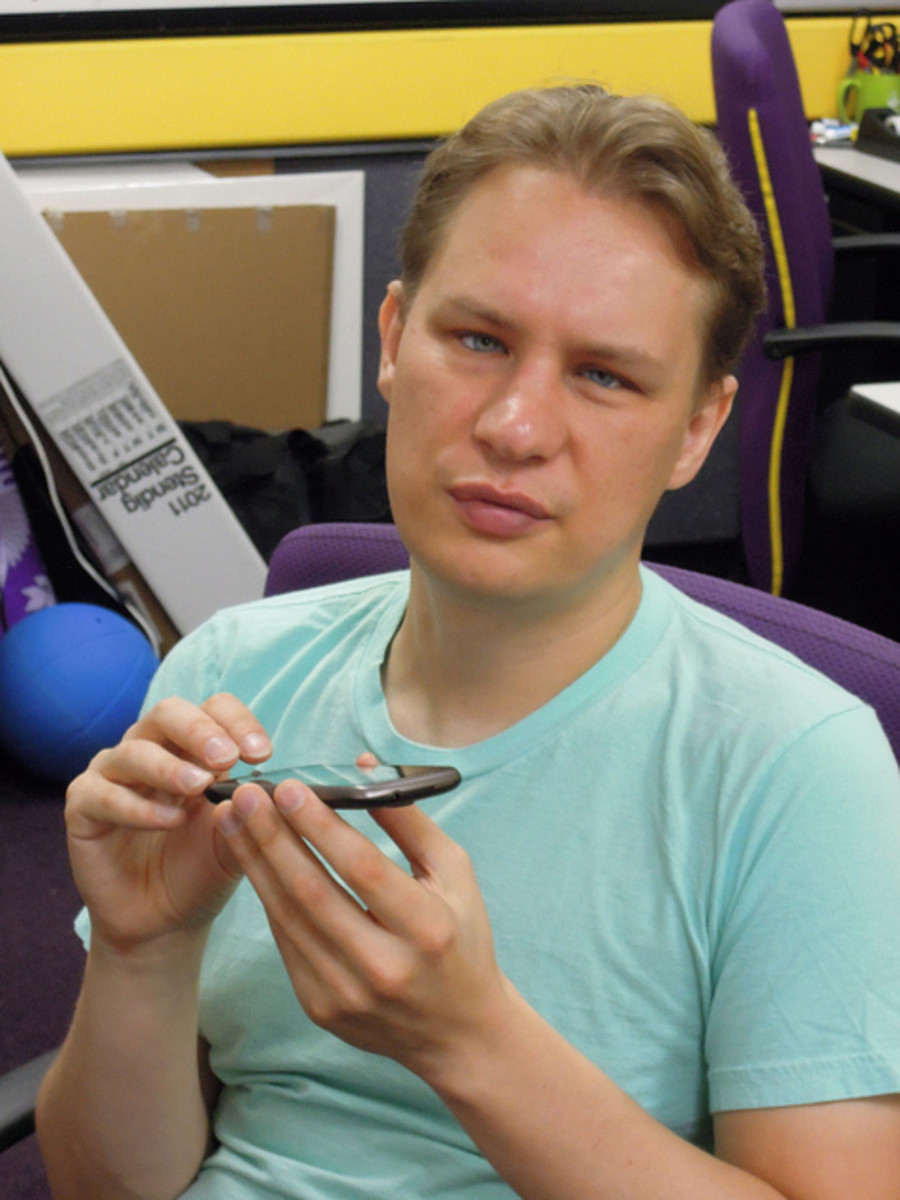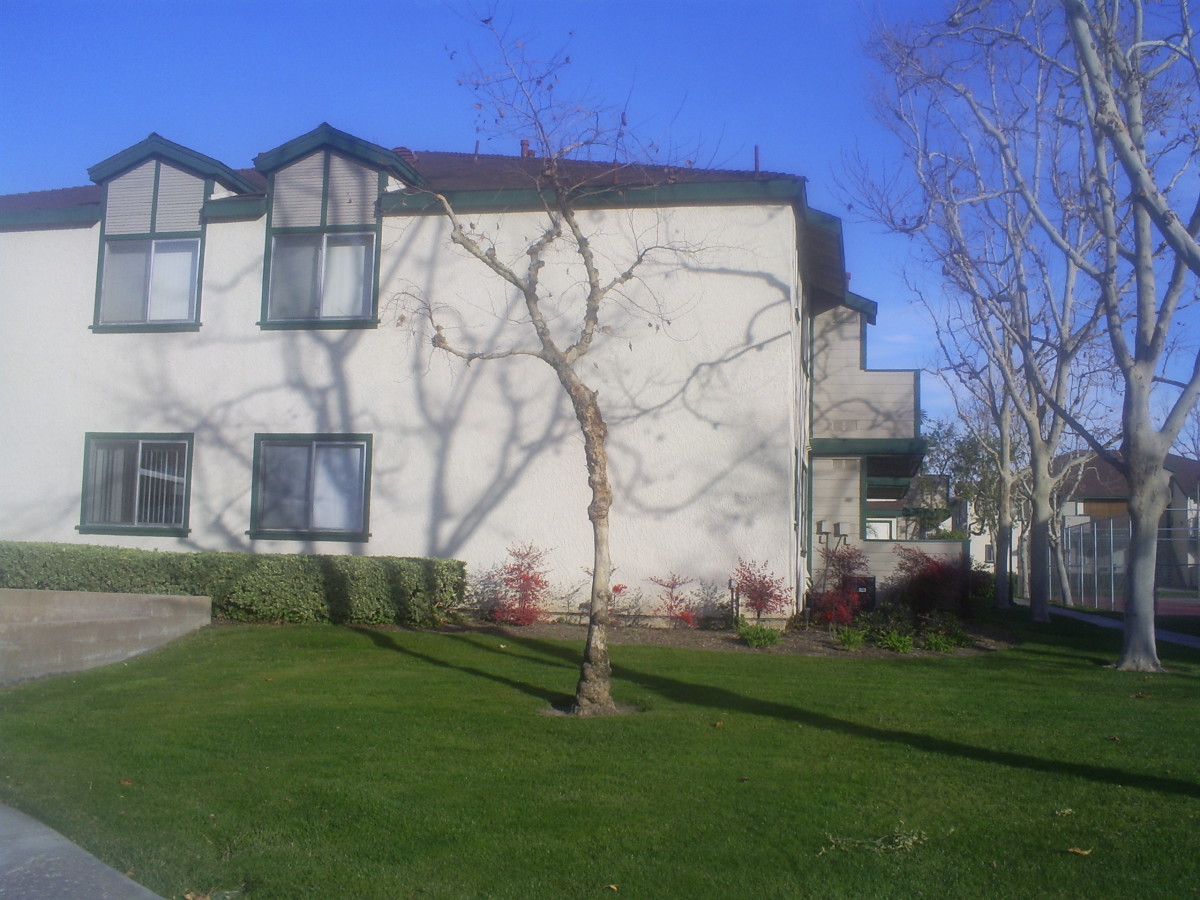Tips For When Your Life Needs Revision.

On A Whim: Timothy R. Hall
A Photographer with low vision shares words of wisdom for those dealing with vision loss or any challenge. Take a look through his lens and reframe your thoughts about adversity. The big picture may be sharper and brighter than you think. Among the biggest lessons are staying calm, learning to ask for help and being open to learning new ways of doing things. Most importantly, always continue to seek improvement. Giving up or accepting mediocrity is never an option. If you're not getting the help you need, then keep searching and reaching out. Someone will reach back eventually.
Fall Foliage: Timothy R. Hall


61 year old Photographer/Professor, Timothy R. Hall has an MFA from Chatham University and first hand experience with low vision. Hall's condition threatened his livelihood and he realized he needed help when things grew dim during a trip to the grocery store. Blind Vision Rehabilitation Services offered him a new perspective. "Being with other students adjusting at the same time helped me to realize that it's not an end but another beginning."
BVRS is a facility that partners with adults losing their vision to cultivate Independent living skills. The 12 week program where clients like Hall stay in the BVRS dormitory includes classes such as: cooking, indoor/outdoor mobility, spoken communication, adaptive technology and individual/group counseling. Students also benefit from low vision aids coordinated through BVRS. These tools are government subsidized according to income level and must have an educational or vocational purpose. The Pennsylvania department of labor and Industry's office of vocational rehabilitation and bureau of blindness and visual services is a great resource for access to these tools. Hall uses some of these devices which match outfits by color, keep pairs of socks together in the wash and separate from underwear in drawers. He takes every opportunity to turn the visual into audio such as recording his shopping list on tape. The BVRS staff are enthusiastic about family members supporting what students can do independently.

"I was always really independent and that hasn't changed. I love the smell of fresh cut grass and keeping a golf course type lawn; but I don't cut it as straight as I used to." Hall captured his curbside appeal in a series of photographs which he put into a moviemaking software program. Hall called the short film 'What Green Could Be.' "I really enjoy the exercise and cutting my lawn is therapy to me." BVRS Accessible Technology Center instructor Tracey Morsek taught Hall how to access features in software so he can enlarge items on screen to edit photos, video and audio. Hall wasn't aware of the features while he was fighting sight loss during his graduate courses. Morsek says, "He was so transformed that I almost felt like I invented this and it is an honor to come to work." That knowledge is still employed today as there are now several film credits on Hall's resume.
Hall is a good motivator of himself and his peers as noted by Martha Burgoon who teaches multiple Communication Courses at BVRS. Things have come full circle now that Hall is speaking publicly and giving peer support at BVRS. Additionally, his photography has been featured on the cover of the BVRS annual report. Hall shared that his peers at BVRS encouraged him to be more social and that a life full of rich experiences is possible instead of marking time. "A normal person might wonder why take those courses at BVRS. For example, the 'Leisure Time' course shows you how to play board games if you can't see; how to eat cake; how to ask for help at a restaurant to get to a table."
Diane Celidonia entered Hall's life after he completed the program to assist him with securing employment through BVRS. Her services include writing resumes, mock interviews, coordinating job shadowing and networking opportunities. Celidonia says people tend to think of the worst scenario but there are actually many opportunities for those with impaired vision. She says Hall's passion and accomplishments come across despite the obstacles of applying for a narrow field in a rough job market. Hall recently took a course on Urban Landscape and may volunteer to stay in the loop. "I still have to advocate for myself and show I can do it. I sent my resume to the Curator of Photography at Carnegie Museum."
If anybody has a problem they need to do their research instead of procrastinating; insists Hall. Additionally, people can only make the best decisions with information they have available to them at the time. Hall cautions people not to make snap judgements about how horrible it is because it might actually not be that bad. If you are having vision problems it's important to see an ophthalmologist first. More importantly, follow doctors orders like taking medication properly to save your eyesight because vision loss is permanent. There is help available for those without jobs or health insurance such as free drug samples from doctors and drug manufacturers. Hall says anything is better than sitting at home doing nothing. He wishes that he had done something sooner so he could have possibly saved more of his vision. Hall insists it is paramount to speak up for yourself because no family member or friend can really do that for you. "Don't take no for an answer and if you hit a brick wall then go elsewhere for help. Ultimately, don't be a slave to your impairment."











